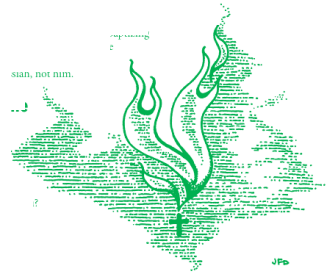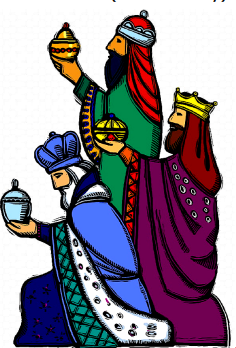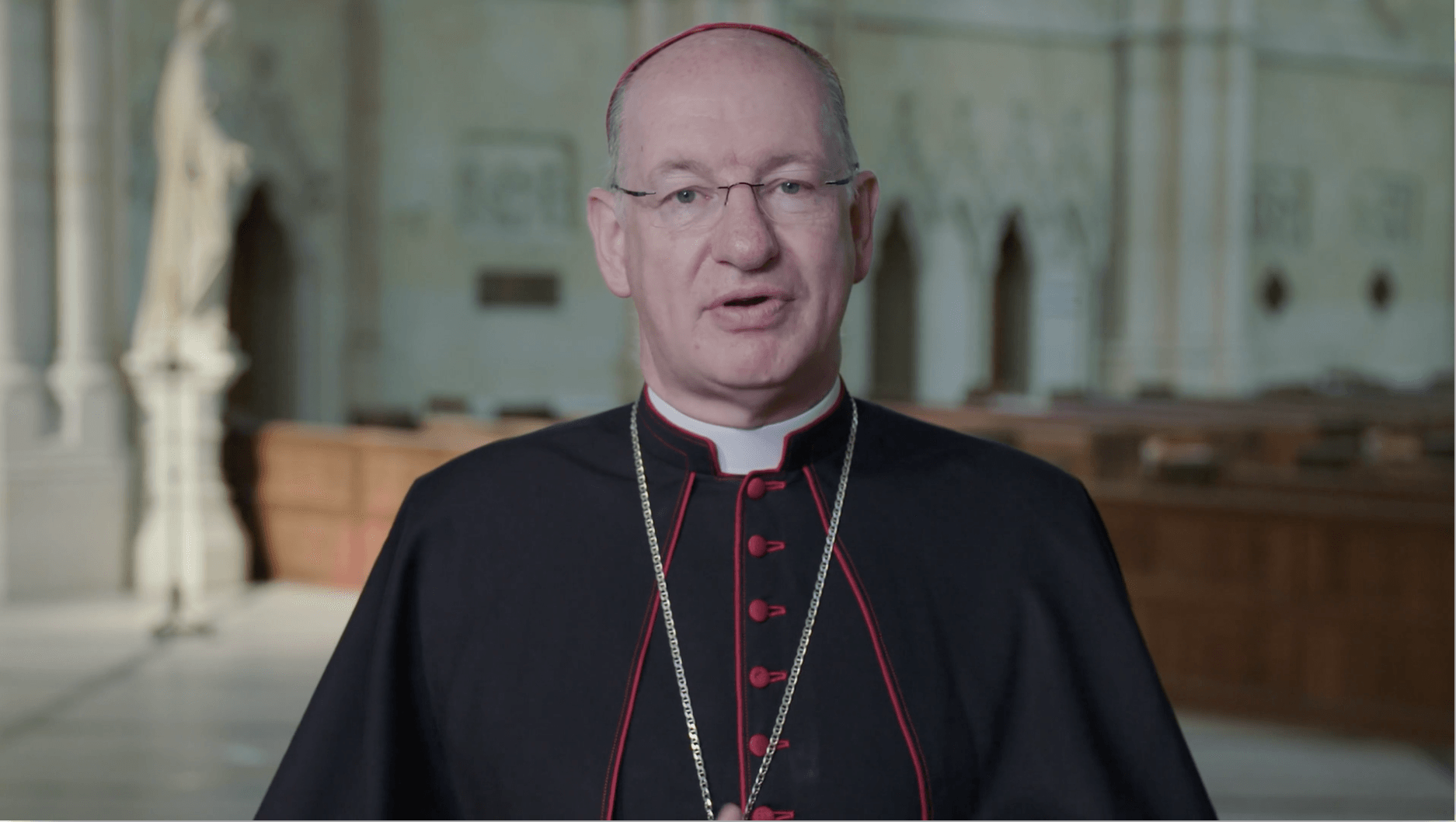Where do we stand? . . .(15th Sunday Ordinary Year C)
Christianity has a long-standing tradition of teaching “natural law,” the belief that all people can understand and agree with objective, universal moral teachings, regardless of their religion or education because they flow from nature. Because we all have a conscience, we can discern what is objectively good and what is objectively evil. Accordingly, anyone who hears Jesus’ parable of the Good Samaritan should recognize that it is the Samaritan, not the priest or the Levite, who does the right thing when he comes upon the victim who was beaten and robbed. The lawyer who was testing Jesus in the finer points of the law knew it was the Samaritan who acted as a neighbour, but he had trouble swallowing this fact because the Jews despised Samaritans. The irony is that the Good Samaritan wasn’t Jewish and didn’t live according to the 613 Jewish laws. What is even more ironic is that the priest and the Levite who passed by the victim were following the letter of the law which said they shouldn’t touch a person who is bleeding, lest they become defiled themselves. If they were defiled they would not be allowed to minister in the Temple or function in the community without first going through a detailed process of purification. What this passage comes down to is the question: Where do we fall? Do we fall on the side of the lawyer, the priest, and the Levite who know and keep the letter of the law, or do we fall on the side of the Good Samaritan who responds spontaneously out of compassion because it is the right thing to do?
Questions of the week
When have you, like the priest and Levite, passed by someone who needed help, maybe with good reason?
Share an example of a time when you or someone you know acted like the Good Samaritan, even though it was a sacrifice.










